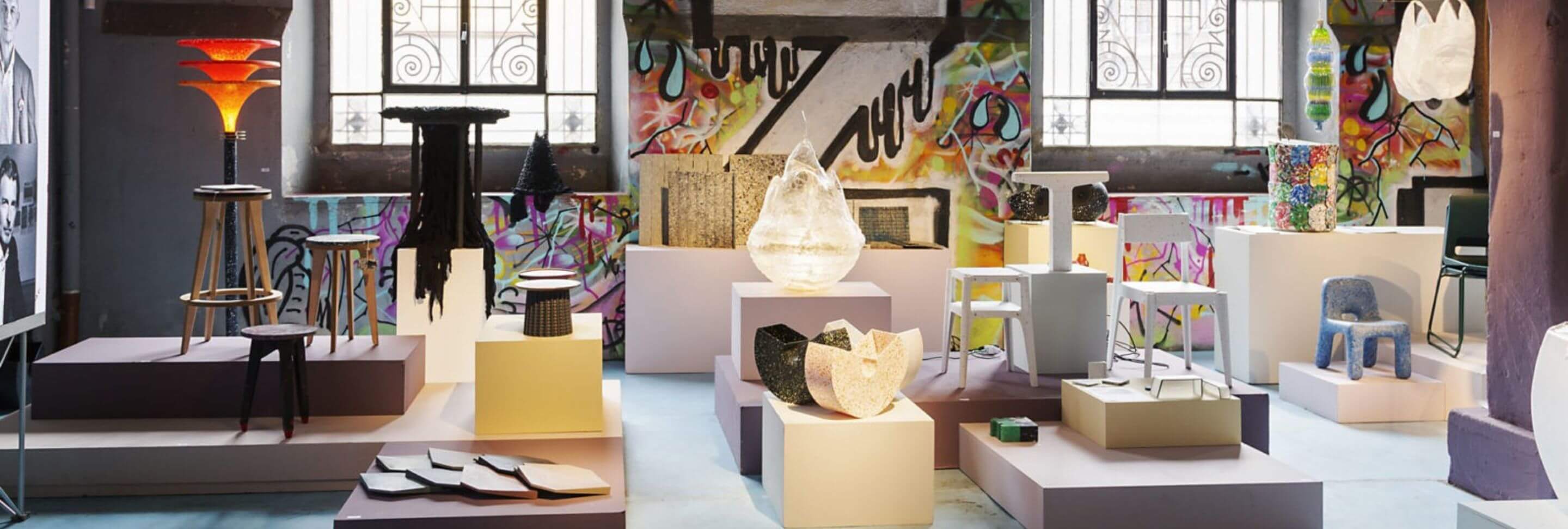chewin’bench
Urban and Public Furniture Design
This piece is meant to be made in short series of recycled ABS from shower trays and in larger scales in recycled polypropylene, as it is the most common plastic, the cheapest plastic that there is and one of the few that can be recycled. The problem of plastic is not the material itself but the misuse of it that can be synthesized in what a chewing-gum is. It is always a problem to discard it, we do not know where to place it and most of the time it finishes in a park or any public space as a problem for somebody else. Do we care about what happens after we discard the chewing gum ? No we don’t. So happens with the plastic we use. We do not know what happens after we throw it, and it is clear, not even governments, as most of the plastic we dispose that we think it will be recycled finishes burned or in water streams or landfills miles away in poor countries (and rich ones too). This is what plastic, the abuse of plastic it is now, we buy and use things that afterwards we discard not caring on who will have to deal with them, the environment, other persons, other creatures of this planet that are all getting the opposite side of the ephemeral use most plastic objects are subjected to. Our ephemeral joy and comfort is transforming into a persistent nightmare for all. This bench is more of an artistic object than an utilitarian one where everything comes together in a symbolic way, the pleasure, the comfort, the ephemeral, the public space, the function, the form and the material. It is a «use/functional artistic installation with a message» where someone may pose the question if the problem is not so much that of the material (that has no shape like the chewing gum), but our culture of discarding and producing in excess from chewing-gum to plastics to food to paper to cars to planes and everything we do. No matter the material things are made of, everything finishes in the same way. Is it good to recycle ? Yes it is and we have to do it more, but it is also needed to produce less and to use things for longer periods. The proposed project has passed the feasibility studies and it can be produced in Italy by the start-up Caracol, in Lomazzo, north of Milan, with a Scalprum 13800, their proprietary advanced Additive Manufacturing Robotic System, this will allow to make the bench in one piece, with recovered ABS from shower trays, as shown in one of the images submitted. It is technological complicated and challenging to recycle materials that are currently difficult to recycle or impossible at the moment, but paradoxically, this seems to be easier at the moment than to try to change a cultural/educational problem, nevertheless the only solution for preserving our planet is to do both.









